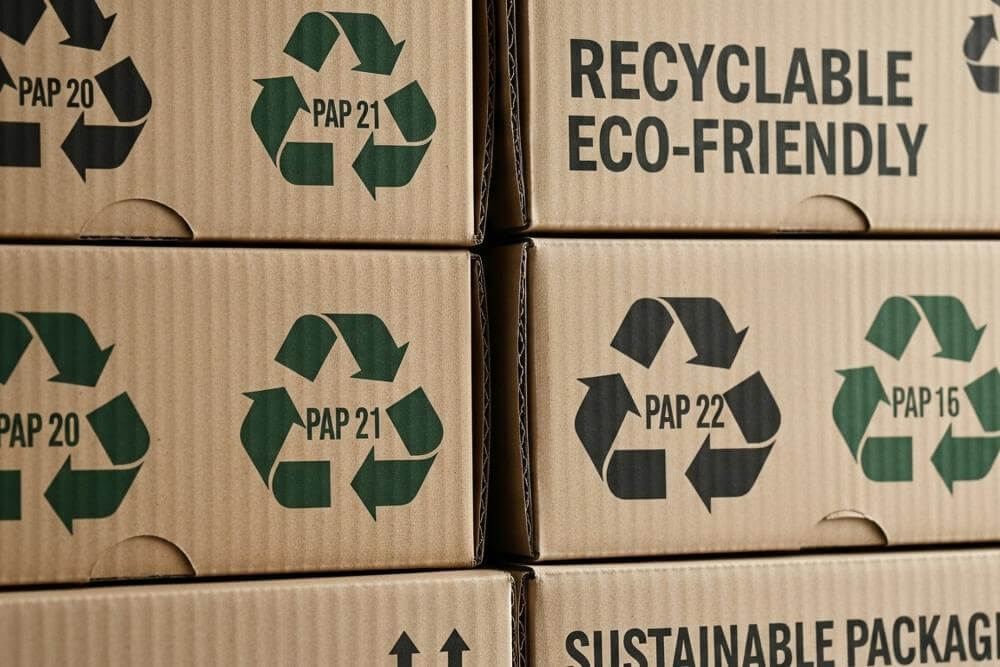
This change is part of a wider effort to align UK corporate sustainability reporting with global standards and to provide more detailed, forward-looking information on environmental and climate related risks.
SECR which was introduced in 2019 requires qualifying organisations to report on their energy use, Scope 1 and Scope 2 greenhouse gas (GHG) emissions, and some intensity metrics. It is largely focused on historical data, with limited emphasis on Scope 3 emissions.
UK SRS is based on the IFRS Sustainability Disclosure Standards, developed by the International Sustainability Standards Board (ISSB). This standard introduces a broader approach. Organisations will need to report not only on energy use and emissions, but also on climate related risks, opportunities, and transition plans. Over time, Scope 3 emissions and wider ESG considerations will become central to reporting.
Organisations currently reporting under SECR, especially large private companies, listed businesses, or those in high impact sectors like finance, energy, or supply chains serving listed companies, will see the most immediate impact.
The UK government and the Financial Conduct Authority (FCA) are expected to integrate UK SRS into listing rules and the Companies Act. Reporting will likely become mandatory for certain companies for financial years starting in 2026, with the first reports due in 2027.
Preparation is key to ensuring a smooth transition and maintaining compliance. Early action also offers organisations solid benefits, from improved ESG credentials to operational efficiency.
Steps to consider now:
Review draft UK SRS standards - Understand the new requirements and compare them with your current SECR reporting.
Conduct a gap analysis - Identify areas where your current reporting falls short.
Map Scope 3 emissions - These are indirect emissions from your supply chain, business travel, and other activities beyond direct control.
Strengthen governance and risk management - Embed climate related risk assessment and scenario planning into decision making.
Consider voluntary reporting - From January 2026, voluntary reporting under UK SRS will allow organisations to trial processes, refine data collection, and develop robust reporting practices.
Many organisations worry about the complexity of UK SRS reporting. However, taking early steps can bring clear benefits:
Reduce future compliance burden - Building systems now avoids last minute pressure and ensures accurate reporting.
Enhance ESG credentials - Transparent reporting strengthens your reputation with investors, partners, and clients.
Gain a competitive advantage - Organisations that demonstrate early commitment to sustainability can differentiate themselves in the marketplace.
“The latest changes to SECR reporting standards, alongside the growing demands from frameworks like SBTi, B Corp, and the NHS Evergreen assessment, all point in the same direction, organisations of every size need to get a far clearer picture of where their emissions come from, measure them accurately across all scopes, and develop robust, credible plans to cut them.”– Andrew Moss Robinson, Managing Director, Carbon Sense
At Carbon Sense, we can support organisations through the transition from SECR to UK SRS. Our support covers:
- Readiness assessments and gap analysis - Identifying what you already do and what needs attention.
- Data collection and emissions mapping - Setting up processes to capture Scope 1, 2, and 3 emissions accurately.
- Building compliance strategies - Developing Carbon Reduction Plans and reporting processes aligned with UK SRS.
- Turning reporting into business value - using compliance obligations as operational and reputational advantages.
Our approach ensures organisations are prepared well in advance of mandatory reporting, reducing stress and maximising benefits.
What is the difference between SECR and UK SRS?
SECR focuses on energy use and Scope 1 & 2 emissions, mainly historical data. UK SRS expands reporting to include Scope 3 emissions, climate related risks, ESG factors, and forward looking disclosures.
Which organisations need to comply with UK SRS?
Large private companies, listed companies, and certain high-impact sectors are likely to be required to report under UK SRS from financial years starting in 2026, with first reports due in 2027.
How can Carbon Sense support my organisation with UK SRS?
Carbon Sense helps with readiness assessments, emissions mapping, governance and risk integration, and building compliance strategies, ensuring your organisation is prepared early and benefits from proactive sustainability reporting.

Developing an EPD can ensure you meet tender requirements, as well as providing an opportunity to understand and reduce the true environmental impact of your products.

Understanding the Transition from SECR to UK SRS. The UK government is replacing the current Streamlined Energy and Carbon Reporting (SECR) framework with the more comprehensive UK Sustainability Reporting Standards (UK SRS).

As part of its Net Zero Supplier Roadmap, the NHS has announced that by April 2027, all suppliers, including those providing food, medical products, and services, will be required to submit a comprehensive Carbon Reduction Plan (CRP).

Carbon Sense is your expert partner in carbon reduction. We support UK organisations to understand, measure, and reduce their carbon footprint, save energy, and make sense of sustainability. With a practical, no-nonsense approach, we help you achieve Net Zero goals while protecting your bottom line.

"We are excited to support the awards this year and are honoured to sponsor the Carbon Positive category. At this crucial time, carbon mitigation and an embedded strategy to achieve Net Zero are vital to avoid further climate change catastrophes".

In a world increasingly focused on sustainability, Carbon Literacy has emerged as an essential tool for businesses seeking to reduce their environmental impact. Carbon Sense understands the value and benefits of Carbon Literacy Training whether for a team within your business, or for your entire organisation.

A carbon reduction or decarbonisation plan is a set of strategies and actions that an organisation, community, or government implements to reduce its carbon footprint and mitigate the effects of climate change.

Carbon credits, and their differences, is a frequent topic of discussion. When developing a sustainability strategy or communicating about sustainability, its essential for businesses to understand these differences

Pathway to Net Zero, launched in November 2023 is a fully funded support programme helping businesses adopt more environmentally conscious processes and move towards becoming Net Zero.

The future still remains uncertain so considering options to reduce energy consumption to rely less on the grid is becoming more and more necessary.

Climate change has become a key issue for us all. With scientific reports being released every day, we now know more about the changes that are happening to the Earth’s systems.

The impact of the industrial revolution has created a climate where pretty much all our activities have an impact on the environment.

By reducing your organisation’s carbon footprint you can reduce your impact on the environment and resources.

There is a wealth of research being undertaken by the leading academics studying climate change and assessing how we can build climate resilience and reduce risk.

It is important to get good advice to ensure that you avoid the common pitfalls and have a plan that works for you and achieves genuine environmental benefits.